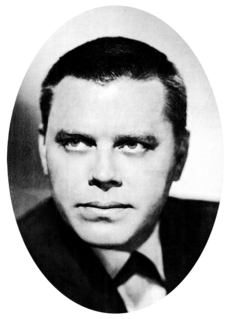A Quote by Diane Setterfield
A story so cherished it has to be dressed in casualness to disguise its significance in case the listener turned out to be unsympathetic.
Quote Topics
Related Quotes
If there is a reason I'm able to make unsympathetic characters human, it's because it's my desire to find what drives the unsympathetic behavior. Almost always at the bottom of it is some deep insecurity. Putting your finger on what each individual's particular insecurity is goes a long way to fleshing that person out.
Most expositions of Aristotle's doctrines, when they have not been dictated by a spirit of virulent detraction, or unsympathetic indifference, have carefully suppressed all, or nearly all, the absurdities, and only retained what seemed plausible and consistent. But in this procedure their historical significance disappears.
A good story is alive, ever changing and growing as it meets each listener or reader in a spirited and unique encounter, while the moralistic tale is not only dead on arrival, it's already been embalmed. It's safer that way. When a lively story goes dancing out to meet the imagination of a child, the teller loses control over meaning. The child gets to decide what the story means.


































